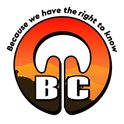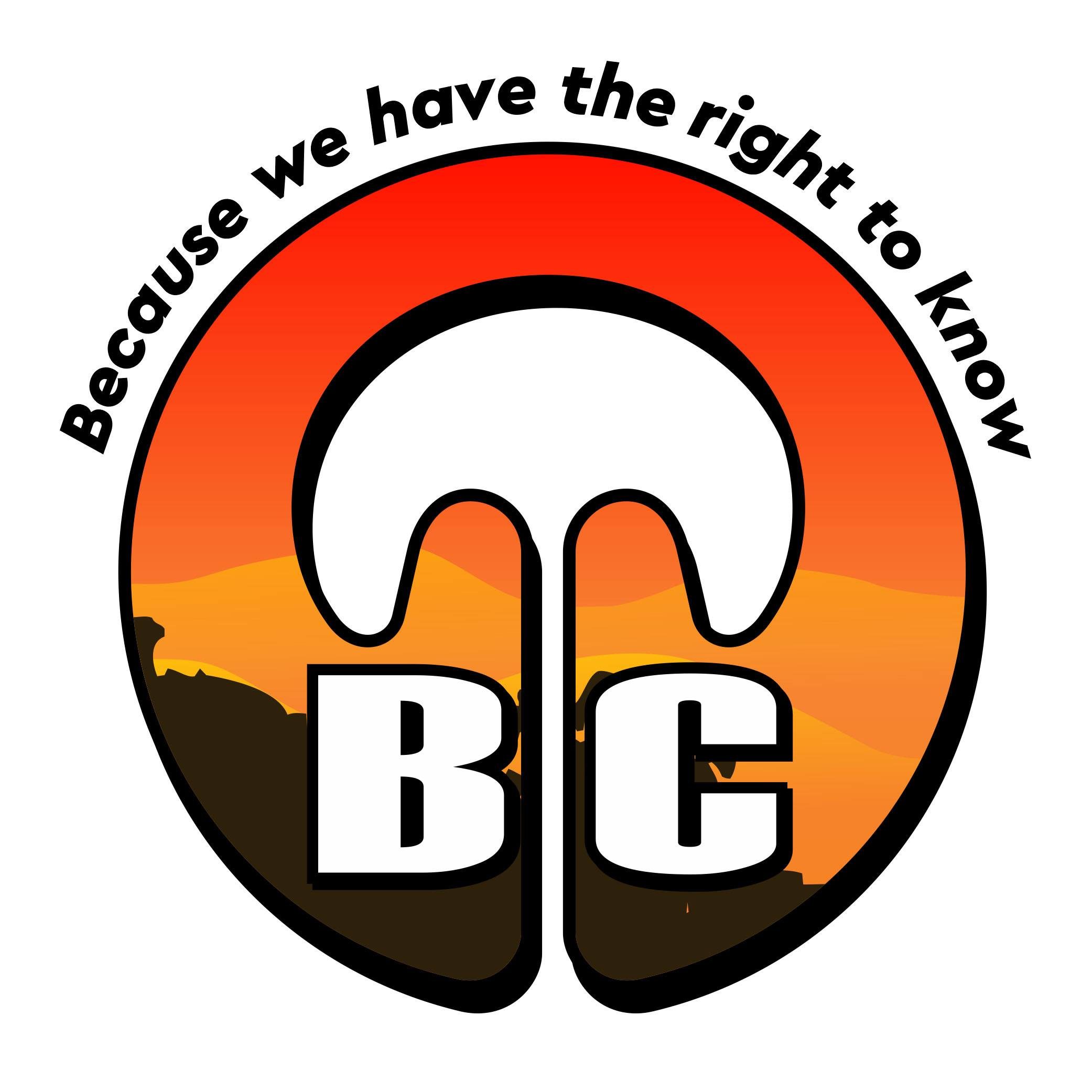IFUGAO State University (IFSU) held a four-day program featuring local and international researchers, policymakers, and knowledge holders from the communities to discuss the current state of the Ifugao Rice Terraces (IRT) via a Zoom video conference and Facebook Livestream on March 18, 22, 25, and 29,2022.
Jude C. Baggo, Director of Ifugao Rice Terraces-Globally Important Agricultural Heritage System (IRT–GIAHS) Center, said this is the first international summit on rice terraces assessment conducted in the province and the university in its 101- year of existence.
With the theme, “Understanding and Envisioning the State of the Ifugao Rice Terraces (IRT),” the summit hatched out agreeable and scientific information as the basis for political-legislative and societal measures for the conservation of the IRT.
“The summit gathered analyses of the current trends and conditions of biodiversity, ecosystem services, and human well-being since 50+ years back while proposing interventions,” Baggo further said.
Eulalie D. Dulnuan, project manager of the IRT Assessment Project, said that the indigenous peoples of Ifugao rely on the IRT for food and income as it is also part of its rich cultural heritage.
However, she said that the IRT is being threatened and has been included in the Word’s Heritage Endangered List in 2001.
“The IRT is facing the loss of indigenous flora and fauna, watershed destruction, unregulated land-use conversion, reduced farm labor due to massive outmigration, abandonment and shift of economic activities, unchecked tourism activities, and the loss of interest in culture and rice terracing by the younger generation,” said Dulnuan.
The IRT is a designated United Nations Educational, Scientific and Cultural Organization (UNESCO) World Cultural Heritage and Food and Agriculture Organization-Globally Important Agricultural Heritage Systems (FAO-GIAHS) site.
Baggo, on the other hand, stressed there have been numerous disjointed attempts to address challenges resulting in unorganized responses by the government, academe, NGOs, among other institutions; hence the importance of this summit in unifying these initiatives towards IRT conservation.
University President Dr. Eva Marie Codamon-Dugyon, in her message during the opening program, said the summit is another step forward to keep the momentum going and bring to the international level conversations & discourses about the IRT, which is material to policymakers, researchers, and the university in talks about sustainable development and/ or the Sustainable Development Goals or SDGs.
“I am optimistic that this international summit, where luminaries around the globe meet and converge, bears meaningful weight since our interventions today will create a positive impact not only on the IRT landscape, biodiversity, and socio-economic enterprises but also on the Ifugao indigenous peoples’ identity,” said Dr. Dugyon.
Jerry U. Dalipog, Ifugao governor, represented by Elino M. Ponchinlan Jr., welcomed the IRT assessment as a basis for the passage of necessary legislative measures in the province and as guidance for the implementation of projects and policies.
On the other hand, Dr. Yoshihide Endo, GIAHS Coordinator UN Food and Agriculture Organization, recognized the good agricultural practices carried out by farmers who are referred to as custodians of ecosystems in GIAHS sites that will avoid soil and water degradation and maintain biodiversity.
Meanwhile, Dr. Tsunao Watanabe, Director of Secretariat for the International Partnership for the Satoyama Initiative Initiative (IPSI), called for everyone to step up to use biodiversity sustainably in a way that conserves biodiversity for future generations and ensures long-term prosperity.
Proj. Koji Nakamura, Professor Emeritus of Kanazawa University, presented the efforts and initiatives of the Ifugao Satoyama Meister Training Program (ISMTP) in advancing our shared advocacy for IRT conservation and sustainable development.
State of IRT
Studies and data reports in terms of provisioning services of farmland, forest, and inland ecosystems; regulating and supporting services; cultural services; and biodiversity of the terraces of Batad and Bangaan in Banaue, Hungduan, and Nagacadan in Kiangan rice terraces were conveyed by the research presenters from Planning and Development Coordinator of LGU Banaue Samson Cabbigat; Hungduan Tourism Officer Haydee A. Hermosora; SITMo Chief Operations Officer Marlon M. Martin; Farm Superintendent II of LGU Mayoyao Mr. Rufino M. Gumuwang Jr., respectively.
Meanwhile, Professor and Director of the Center for Southeast Asian Studies at UCLA Dr. Stephen B. Acabado presented his research study and archaeological project, “The first decade of the Ifugao Archaeological Project (2012-2022): Findings and prospects”.
Following the presentation of studies and data reports from the four IRT clusters, key points and recommendations from the three select panelists were raised in the latter part of the session.
Dr. Dinah Corazon M. Licyayo, IFSU vice president for Academic Affairs and who was the former vice president for Research Development, Extension, and Training, made an emphasis on the need to sustain the IRT by restructuring the country’s farming and food systems, taking note of the conservation of the heritage system. “Transformation would mean streamlining agricultural production systems. It will be very challenging because of the very rich culture attached to the IRT heritage; however, we can do it when we take advantage of its existence to advance in research and development endeavors, support infrastructure systems, innovation systems, and support biosecurity systems. We do not need to change the whole system to improve, rather we should see how we can synchronize the change we intend to do,” stressed Dr. Licyayo.
Meanwhile, Dr. Inocencio E. Buot Jr., professor at the University of the Philippines-Los Baños, congratulated the university for organizing the summit. He recommended that young researchers, doing an assessment, be it in agriculture, farming and forest systems, and the like, should be conducted holistically to identify the real cause of a system’s problem.
On the other hand, Dr. Cameron P. Odsey, regional director of the Department of Agriculture-Cordillera (DA_CAR), represented by DA-CAR Chief for Field and Operations Division Virginia A. Tapat, pointed out three key areas for validation. The first is the conflicting data of rice terraces areas declared by the municipalities which are being used for programming and planning purposes in terms of intervention from the presented data by the IRT clusters; the second is the data enrollment and updating to Registry System for the Basic sector in Agriculture and the conduct of field validation and geo-tagging; and the third is the hope of the agency that all recommendations should be translated and local interventions should emanate with support from the national government.
Drivers of change
Five studies and data reports were presented in response to the effect of natural and human-induced factors which directly and indirectly cause changes in the Ifugao ecosystem and biodiversity during the second session of the 1st Ifugao Rice Terraces Assessment (IRTA) International Summit at the IFSU Heritage Convention Hall on March 22.
The session centered on the theme, “Drivers of change in the Biodiversity and Ecosystem Services of the Ifugao Rice Terraces Landscape,” which focused on the interrelationship and interactions between the natural forces and people as integral parts of ecosystems. Presented studies also elaborated on the importance of forest conservation for sustainable ecosystem services.
Results of the studies on the practices of the Ifugao people in Kiangan, and Hungduan in the management of the rice terraces were conveyed by research presenters from the University of the Philippines, Catherine Hazel M. Aguilar and Dr. Margaret M. Calderon, and from the Local Government of Kiangan, Olmigy B. Hagada, Municipal Tourism Officer.
Accordingly, for Kiangan, the productivity-driven approach to food production resulted in wide-scale agro-biodiversity losses, environmental degradation, and cultural erosion. Thus, the adaptability of its people to modern living and quick adjustment to newly introduced farming systems and interventions to redirect the Kiangan social-ecological system (SES) toward sustainable agricultural development is highly recommended by the presenters.
For Hungduan Rice terraces, Dr. Calderon emphasizes the need for the practical indigenous knowledge of the Ifugao people to be complemented with research techniques and tools to produce and generate reliable information to develop management plans for the protection of the Rice Terraces in the province.
On the other hand, Arnel D. Bilibli, development management officer from the Department of Environment and Natural Resources-Ifugao, and Dr. Napoleon K. Taguiling, campus executive director of IFSU-Lamut Campus, expounded on the state of the Ifugao Forest and Macro floral Biodiversity Conservation.
Status and trends in the forest area of Ifugao, including the forest species and genetic diversity as well as activities at the local level on sustainable forest management were presented. The study of Dr. Taguiling revealed that forest areas in the province are still rich in macro floral diversity and can serve as a vital source for re-vegetation activities in areas with low plant density and diversity status.
Following the presentation of research and reports, salient points, guidance, and recommendations were pointed out by two panelists.
Dr. Parviz Koohafkan, founder and president of the World Agricultural Heritage Foundation, noted that the research presented focuses on resilience. Accordingly, the studies talk about underpinning the resiliency of Agricultural Heritage Systems and rewarding smallholders, family farmers, and indigenous communities for their dynamic conservation through crowdsourcing. “It is very sad to know that IRT is endangered. There are policies needed to be conducted, and research to be done to empower the local community,” he stressed.
Meanwhile, Dr. Romeo A. Gomez, vice-president for Research and Extension of Benguet State University,l emphasized three factors or drivers of change in the IRT Ecology.
These are gender, ethnoecology, and modernization. He added that quantitative metrics for ecological functions and services must be translated to local understanding to be practiced for sustainable management. – by Faith B. Napudo, Joen Mica Kimmayong, Liza B. Pugong, Kimberly Diwas, Erejedor, Jessa Erejedor, Hope Jezreel Jamandre, and Marcia B. Dulnuan



There are no comments yet. Add your comment to start the conversation.